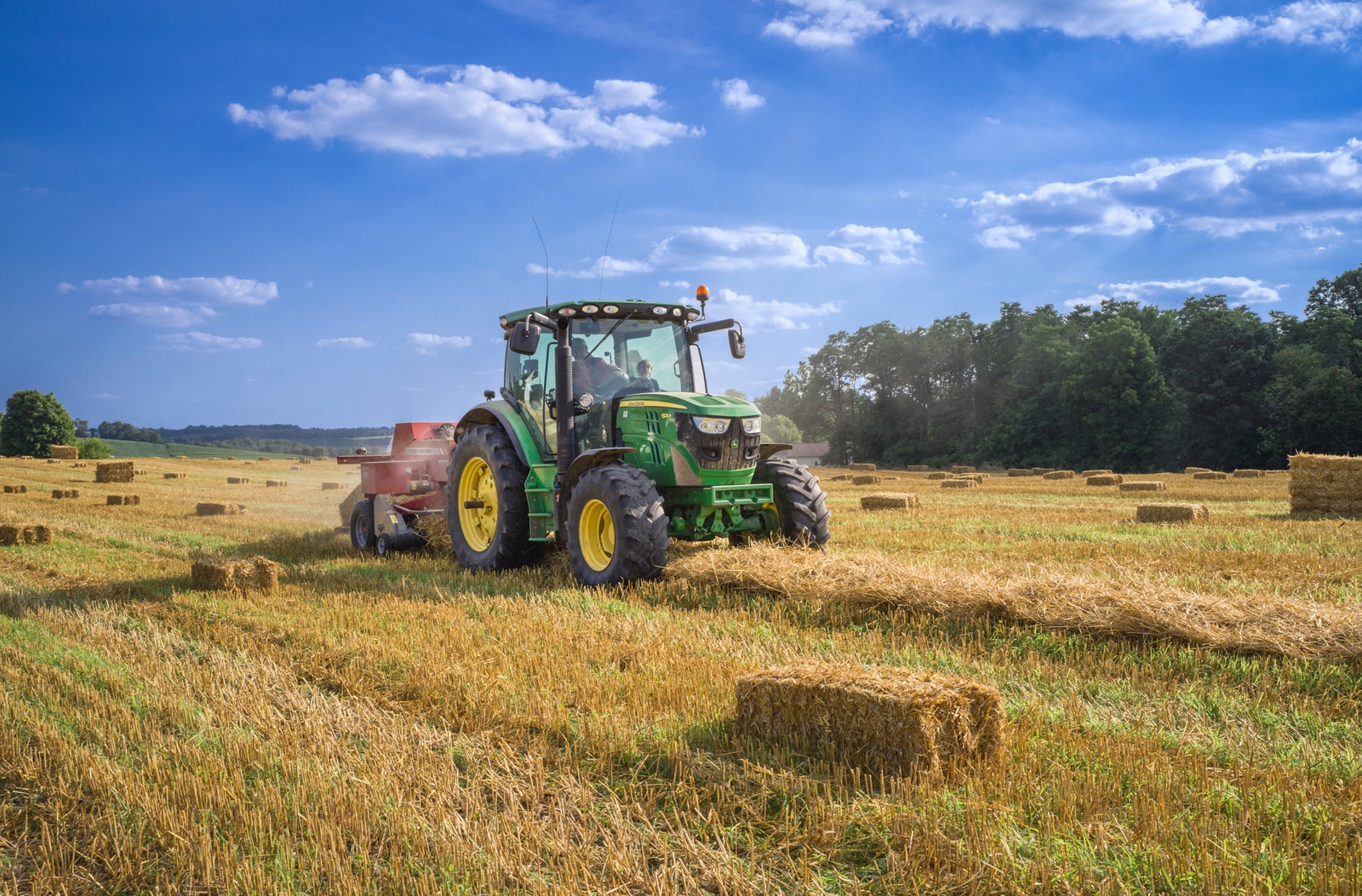If you operate a business, there is a good chance you’ve come across this question – is it better to own or lease various business assets? Things like equipment and real estate can be very costly, so some businesses may choose to lease these assets. Let’s look at specific reasons for this.
Why Would a Business Choose to Own Their Equipment and/or Property?
There are a couple of key reasons why a business might choose to own their equipment and/or property outright. First, owning allows for more control over the asset in question. Businesses that own their equipment can make changes as they see fit, without having to go through a third party. Additionally, businesses that own their property can also control how it is used. This can be important for things like manufacturing businesses that need to ensure that their production process is not interrupted.
Another reason why businesses might choose to ownership is for tax purposes. In many cases, owning assets can provide certain tax advantages that leasing does not. For example, businesses can often deduct the interest paid on loans used to finance the purchase of equipment or property. This can help businesses save money on their taxes.
There are also some intangible advantages to owning business assets. For example, owning can provide a sense of pride or accomplishment for business owners. Additionally, owning can give businesses more stability, as they will not have to worry about the possibility of their landlord selling the property or raising the rent.
Why Would a Business Choose to Lease Their Equipment and/or Property?
Now let’s look at some of the reasons why a business might choose to lease their equipment and/or property. The first reason is that it can often be cheaper in the short-term. When you buy a piece of equipment, you have to pay for the entire cost upfront. However, when you lease an asset, you can spread the cost out over time. This can make it easier for businesses to afford the equipment or property they need.
Another reason to lease is that it can provide more flexibility. For example, if a business needs to upgrade their equipment after a few years, they can simply return the old equipment and lease new equipment. This is often much easier than trying to sell the old equipment and use the money to buy new equipment.
Finally, leasing can also help businesses avoid some of the risks associated with ownership. For example, if a piece of equipment breaks down and needs to be replaced, the leasing company will typically be responsible for repairing or replacing it. This can save businesses a lot of time and money. While the accounting for leases is a bit different than traditional accounting, leasing equipment and property might make more financial sense for a business.
The Bottom Line with Owning vs. Leasing
There is no right or wrong answer when it comes to choosing between owning and leasing business assets. The best decision for your business will depend on a variety of factors, such as your budget, your needs, and your long-term goals. However, by considering all of your options and making an informed decision, you can ensure that you choose the option that is best for your business.




